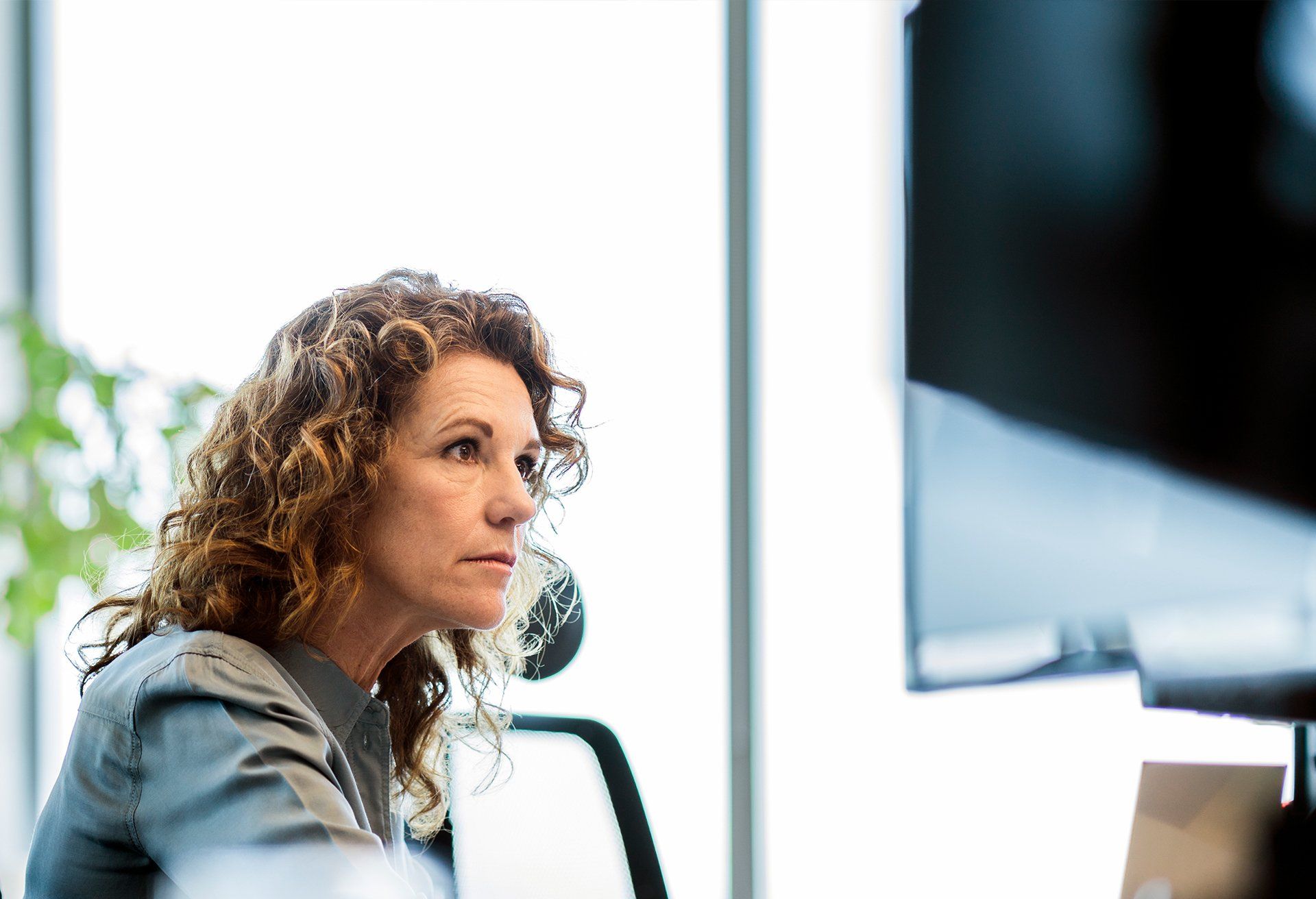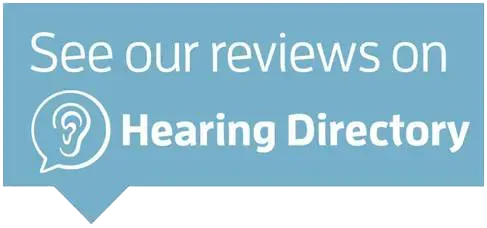Blog
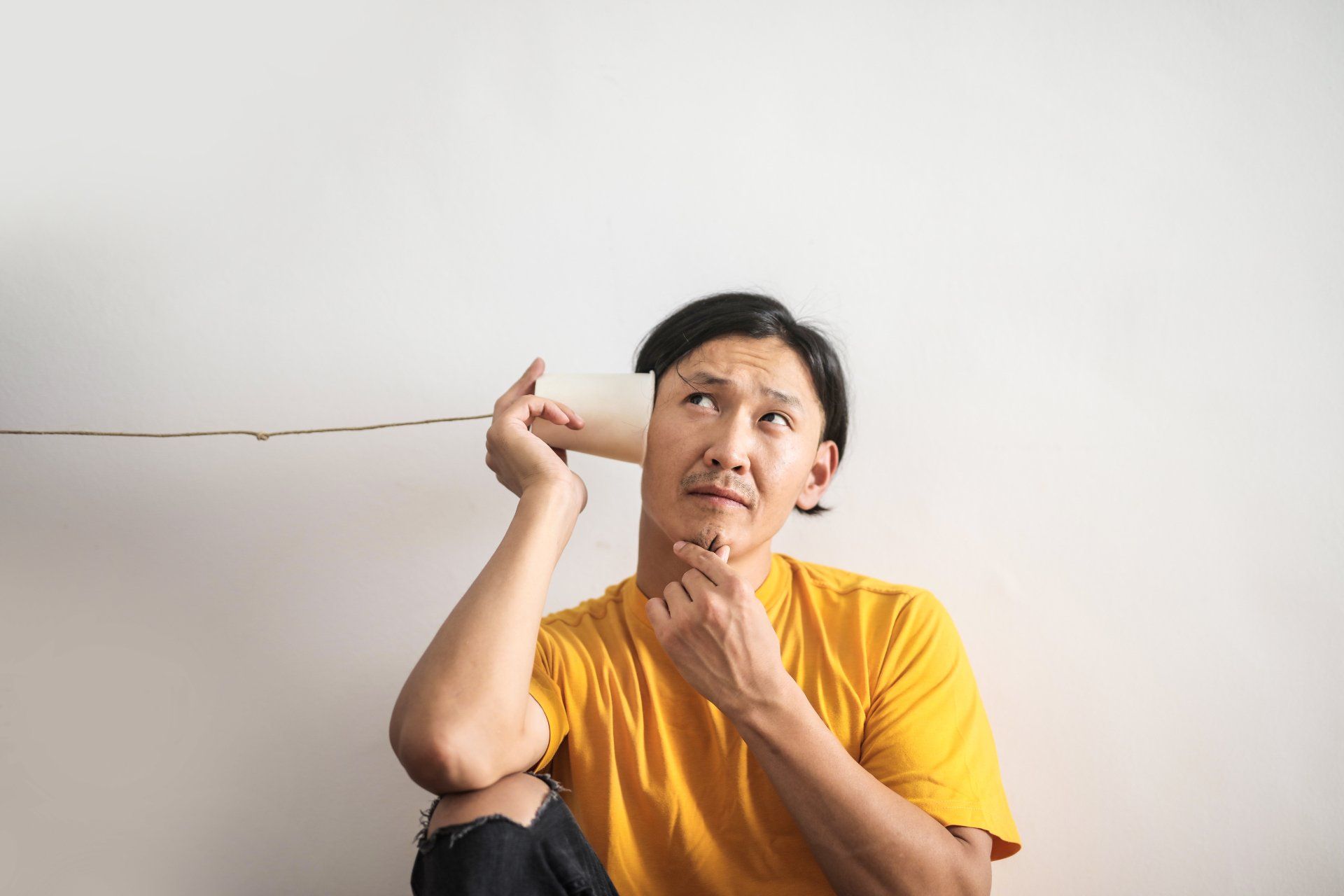
April 27, 2023
“Everyone mumbles.” or “if everyone spoke more clearly, I wouldn’t have a problem.” Have you thought or said either of those sentences before? If you have worked around industrial noise or find yourself over the age of 55, there is a good chance you have. But why? Surely it couldn’t be a reduction in hearing. Or could it?
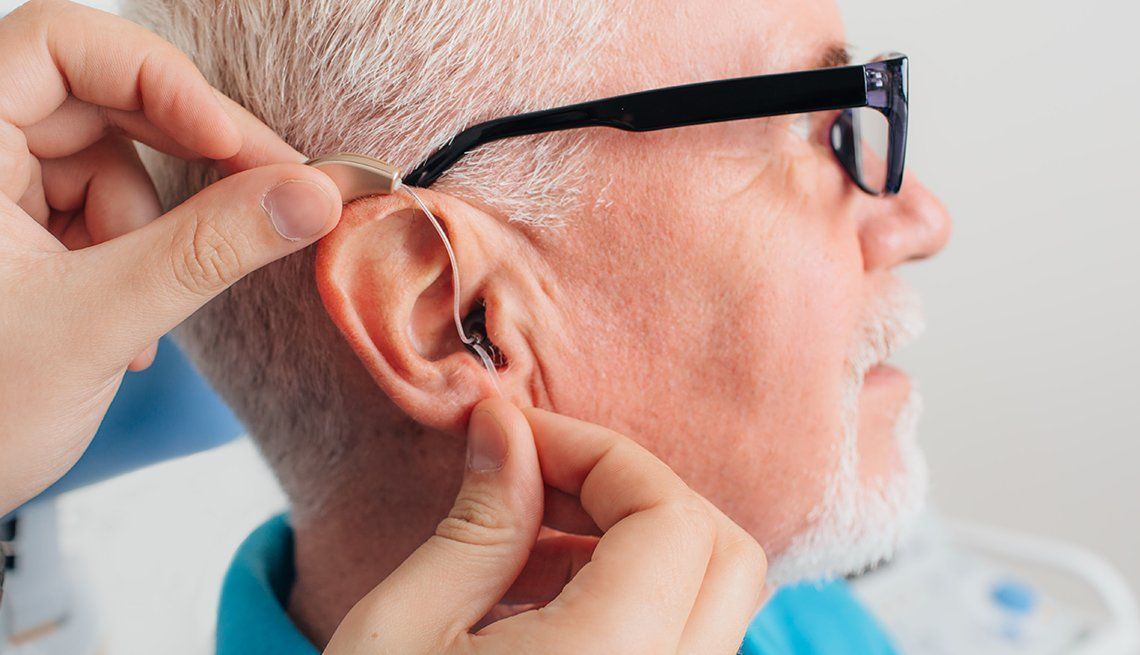
April 27, 2023
I am occasionally asked by family who live in other provinces if I can “sell” them a hearing aid to save them money. I understand that hearing aids are an expensive proposition, but I have refused every time and referred them to excellent colleagues. My explanation is always the same. I tell them, “Who you see will make a bigger difference than what you get.” My family will need follow up and aftercare that I can’t deliver when they don’t live in Alberta. As a result, even though my own mother wears hearing aids, I am not her Audiologist. We should never lose sight of the fact that hearing aids fall squarely under health care but it can be a confusing experience, with a lot to lose. It may be worthwhile to consider a few tips in finding the right professional.
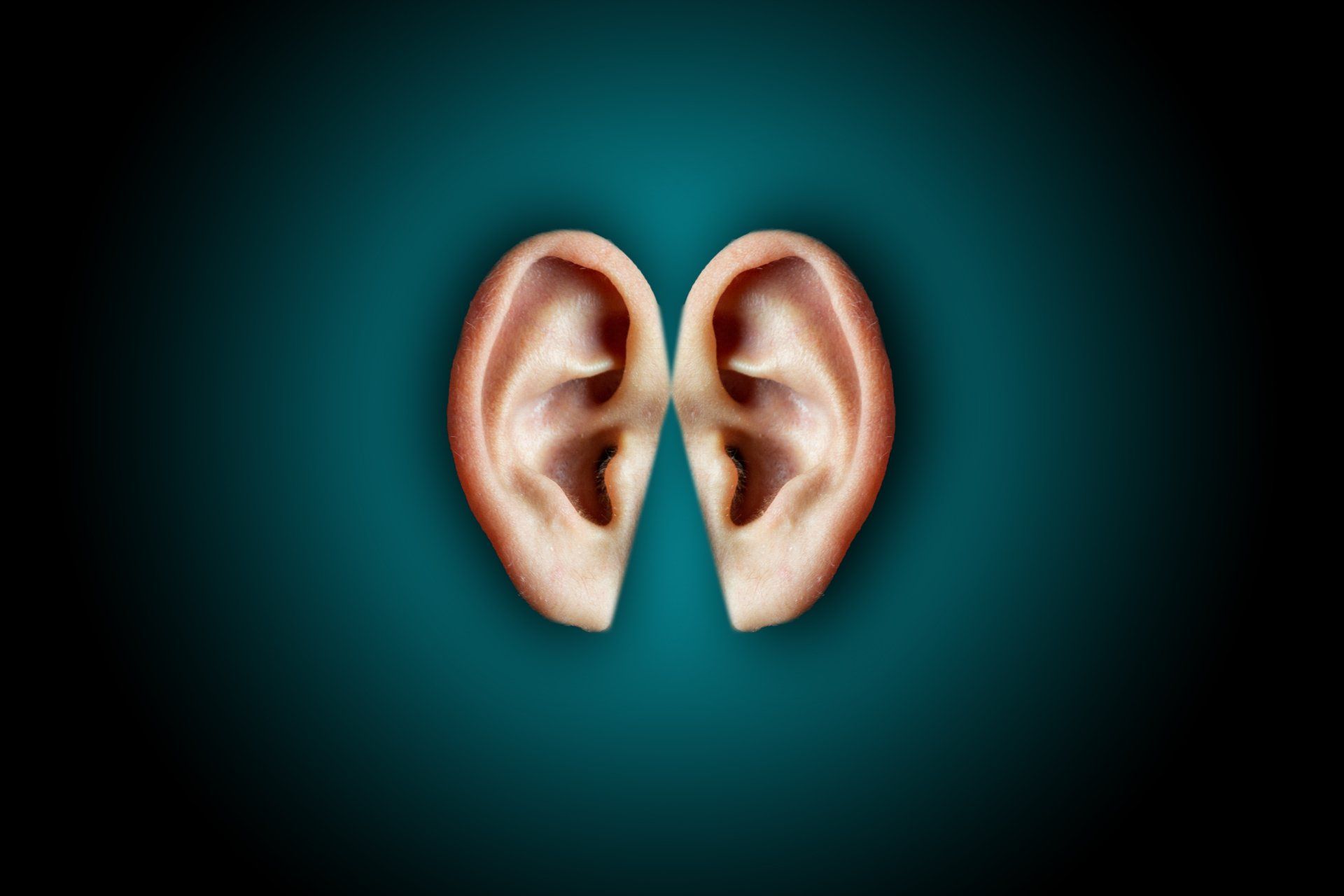
April 27, 2023
“Biology is better than technology….” That’s a phrase I seem to repeat on a daily basis in my Audiology practice. In fact, I say it so much, I recently had a patient tell me I should trademark it! When it comes up in our clinical counselling, what I am usually stressing is that we need to protect our hearing, because once it’s gone, it’s gone. There is no medical or surgical method that can reverse the effects of noise damage. When that is the case, hearing aids are the only option for improved communication. But that is where my phrase comes from, because normal hearing is better than aided hearing, and aided hearing is not normal. My point is that we all need to learn how to preserve what hearing we have, so we don’t have to use hearing aids sooner than expected.

May 7, 2022
The primary goal for your first visit with an Audiologist should be to diagnose the hearing loss with an intent to consider the medical components of the loss. This will be accomplished through a series of tests designed to identify “site of lesion,” meaning where in the ear the loss is occurring, which in turn leads us to whether medical referral is necessary. A skilled audiologist can identify hearing losses that may be best treated medically or surgically and refer to ear, nose and throat (ENT) specialists (also called otolaryngologists). About 15-20% of hearing losses have the potential to be solved medically or surgically, without the use of hearing aids. Remember, in Alberta, an Audiologist carries the designation that allows direct referral to the ENT physician, whereas a Hearing Aid Practitioner cannot. You should know the difference. Hearing health care is a team effort between the Audiologist and Otolaryngologist much like vision/eye care is a team effort between Optometrists and Opthamologists, with similar roles and responsibilities.

